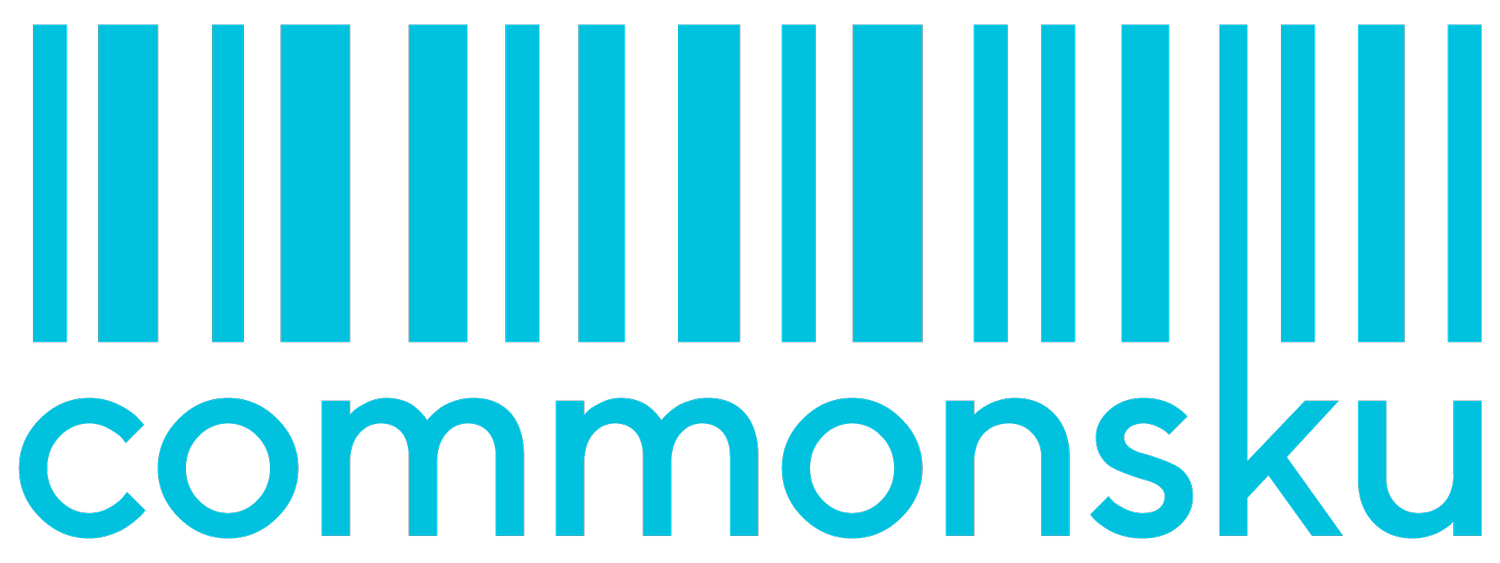3 Ways Salespeople Can Have Meaningful Conversations With Customers
Recently I attended an excellent seminar led by Stuart Knight called The Art of Powerful Conversations.
The seminar focused on using each interaction we have with another human being as an opportunity to connect on a deeper and more meaningful level in order to create more memorable conversations. While this can be a helpful exercise to apply to your personal relationships, I found the benefits for sales people far more intriguing.
In my former work life, cold calling was a big part of my role, as it is for most sales people. So then why is it such a source of angst? If you stand behind what you are selling and believe that you have a product or service that can truly help someone, convincing them to come on board should be the easy part! The hard part is using your small window of opportunity to form a connection over the phone, address their unique needs and add value to their business - which is where meaningful conversations can help.
Here are 3 things you can do to start having meaningful conversations with your customers today:
1. Ask Better Questions
It may seem straightforward, but you will be amazed by the information you can uncover about your customer’s needs if you are asking better questions. Try asking a two-part question so that your follow-up can be a great targeted question centered around the information they are giving you.
Example: When asking a customer how their weekend was, listen to their answer. If they tell you they’ve had a busy weekend, ask them what the one thing they wanted to accomplish most was and build out from there.
2. Ask Bigger Questions
You'll be surprised at how much relevant information you can get if you just take the time to dig a little deeper. Creating more meaningful relationships with your customers is all about asking questions that uncover what's important to them, what excites them.
Example: When uncovering information about business needs, try asking what their biggest win or accomplishment has been so far and what it has meant to them as a business. This can help you provide added value by relating it back to your product or service later.
3. Ask Why
Who, what and where are great for collecting factual information, but asking a customer why allows them the opportunity to tell you about their thoughts and concerns so that you can gain their trust by providing a more insightful response.
Example: If a customer tells you that now might not be the best time for your product or service, try asking them why instead of adding your own assumptions. By asking why, you may uncover that they don't fully understand your product or service enough which you can easily address with them.
Once you start to integrate these 3 easy things into your conversations, you'll start to notice you'll be building better relationships with your prospects and identifying more opportunities than before. But how do you convert these great new opportunities in to customers? Download our free Sales eBook to learn how you how to focus, execute, and grow your sales today.
This post was originally posted to the commonsku Blog on August 18, 2015. it has been edited and updated as of September 15, 2021.

